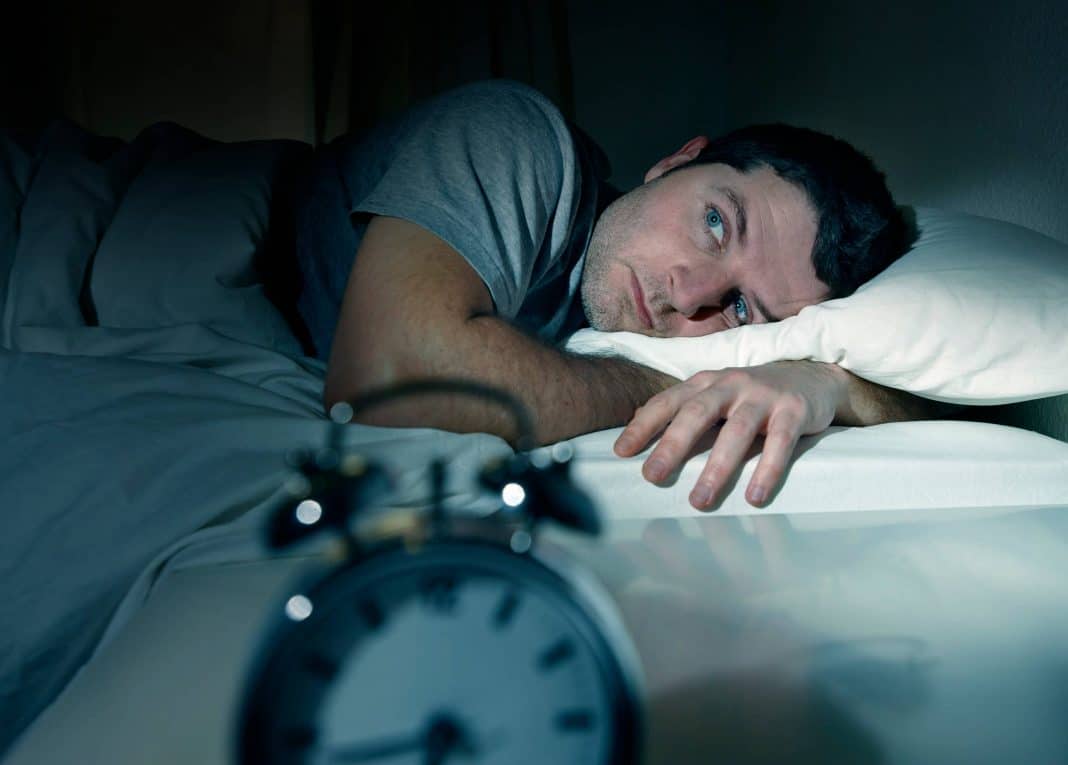Mental health issues and sleep problems are two sides of the same coin, according to Chair of the Sleep Health Foundation, Professor Shantha Rajaratnam.
Professor Rajaratnam has launched the Foundation’s latest research Fact Sheet exploring the strong links between good mental health and sleeping well.
“It is often asked which comes first, the emotional/mental health problems or the sleep problems? We now know that disturbances with sleep and mental health can interact in either direction,” he said.
“The good news is that improving sleep will often reduce the severity of mental health problems.”
The Fact Sheet delves into the reasons there are associations with sleep and mental health, the impacts of the Covid-19 pandemic on sleep, its relationship to other health issues, and treatment options for reducing the severity of sleeplessness.
Associations between sleep and mental health
The Foundation conducted a study on 2,044 adults aged between 18 and 90 years old, on the connection between their mental health and multidimensional sleep health. Multidimensional sleep health recognises factors beyond simply sleep duration, including sleep efficiency, alertness during awake hours, and satisfaction with sleep quality. The study concluded that better multidimensional healthy sleep resulted in fewer poor mental health symptoms and a lower severity of depression and anxiety.
Sleep disturbances in people with mental health conditions
Sixty-five per cent of Australian adults with a mental health condition reported they experience suboptimal sleep, while only 38 per cent of those without a mental health condition reported the same.
Sleep and mental health during the pandemic
A study conducted with 1,653 participants from across 63 countries showed over 70 per cent of the people in the younger and older age groups reported having a greater than moderate level of stress during the pandemic. Fifty per cent of the participants reported having poor sleep, and the younger demographic, as well as those with pre-existing mental health conditions, are more susceptible to stress and experienced higher levels of anxiety, depression, and sleep disturbances.
Treatment
Treatment for sleeping problems is crucial for treating mental health issues connected to poor sleep and improving your sleep will improve your quality of your life. Seeing a health care professional about the issue is the best first step, and they will be able to provide you with the treatment and tools that will work best for you. Sleeping tablets are a temporary solution and are not a long-term fix. Insomnia treatments can include Cognitive-Behavioural Therapy (CBT-i) and can be facilitated by a specialised sleep psychologist with a GP referral. Mindfulness has also been proven to be a helpful strategy to calm the mind when it has difficulty shutting down.
To find out more about how sleep affects your mental health, go to www.verywellmind.com
Get all the latest Canberra news, sport, entertainment, lifestyle, competitions and more delivered straight to your inbox with the Canberra Daily Daily Newsletter. Sign up here.



